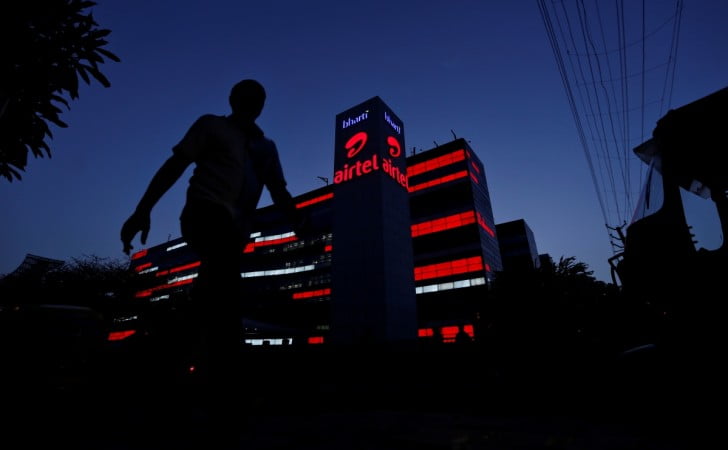After Reliance Jio introduced a 6 paise per minute charge on its prepaid subscribers for making calls to other networks, Bharti Airtel has issued a clarification on the situation.
Today marks a big day in the telecom industry as we have seen an open war cry from Reliance Jio against the Interconnect Usage Charges (IUC) being applicable for its prepaid subscribers. The feud between Reliance Jio and the other private telecom operators have been ongoing since the last few months, and it has intensified, especially in the last two weeks. Things took an interesting turn today when the Mukesh Ambani led telecom operator slapped an IUC charge on its prepaid subscribers. Now, in a follow-up move, Bharti Airtel has issued a clarification on the same, thus giving out its views. Bharti Airtel, in a press release published minutes ago, has noted that its competitor has imposed an IUC termination charge of 6 paise on its subscribers. The telco has noted that with this move, Reliance Jio has suggested that Trai has reopened the issue.

Bharti Airtel Revisits Trai Statements for Clarification
Highlighting the matters with Trai, Bharti Airtel remarked that back on September 19, 2019, when Trai reduced the IUC from 14 paise to 6 paise and proposed a gradual shift towards Bill and Keep (zero IUC), the regulator had also gone on to mention the following. The Sunil Bharti Mittal led telecom operator, in its clarification quoted Trai’s words, “The Authority shall keep a close watch on developments in the sector particularly with respect to the adoption of new technologies and their impact on Termination cost. The Authority, if deems it necessary may revisit the aforementioned scheme of Termination charge applicable on Wireless to Wireless calls after one year from the implementation of the regulation.”
Airtel Highlights Large 2G Population in India
Bharti Airtel further added that Trai had assumed some things based on the two factors. First of them being the adoption of VoLTE, which Trai assumed would bring the IUC costs down for the telcos. Secondly, Airtel highlighted that Trai had assumed that with the growth of the smaller operators, the network symmetry would strike a balance. However, both of these things have not been able to materialise in the telecom industry as the telecom regulator had imagined. Following up on this, Bharti Airtel noted that there are still 400 million 2G customers who hail from a poor background and are spending less than Rs 50 per month and cannot actually afford to buy a 4G device. Along with this, there is also substantial asymmetry in traffic which still exists.
With this position spanning across the telecom industry, Trai has issued a new consultation paper in September 2019 to revisit and rethink the timeline which was initially proposed for the shift from 6 paise to a zero IUC. Bharti Airtel, then went on to state, “Clearly, this off-net charge being levied, therefore, is to force IUC to be brought down despite the heavy burden it puts in the receiving network. We are grateful that this very timely consultation paper to reassess IUC has been issued By Trai.” The Sunil Bharti Mittal led telco then added considering the large 2G population in India, the 6 paise per call limit is actually very less considering the total cost of actually completing a call. It also said that the telecom industry currently remains under deep financial stress with many telcos going bankrupt in the past few years and many jobs being lost.
IUC Issue Sparked After Reliance Jio Reduced Ringing Time on Outgoing Calls
It is worth noting that the IUC war between the Mukesh Ambani led, Reliance Jio and the other private telecom operators like Bharti Airtel and Vodafone Idea has been ongoing because of network symmetry. Reliance Jio reduced the ringing time of its outgoing calls so that it can have more calls ending on its network and thus become the net IUC gainer. Currently, with many calls going from the Reliance Jio network and ending on Bharti Airtel or Vodafone Idea network, these two telcos receive a net IUC payout. If the IUC were to go down to zero, then Reliance Jio would save approximately Rs 3,500 crore yearly.
